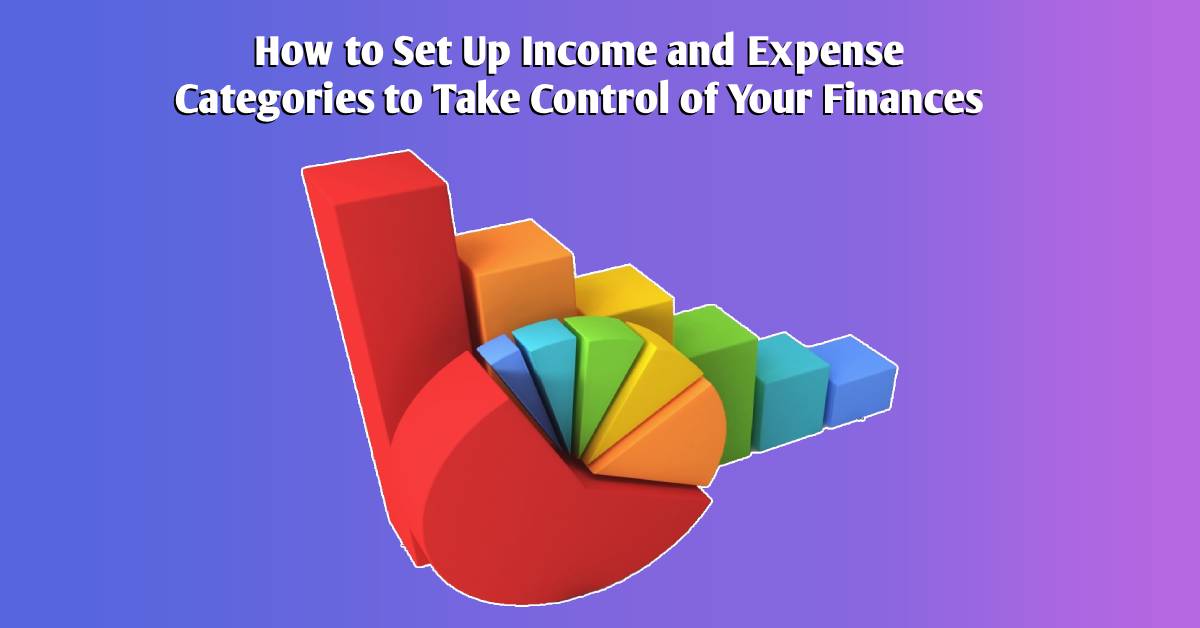Managing money effectively is one of the most important skills anyone can have in today's world. Whether you're earning a steady income or just starting to track your expenses, personal finance management helps you make better financial decisions, avoid debt, and build a secure future.
In this blog, we'll break down what personal finance management is, why it's important, and how you can start mastering your money step-by-step.
What is Personal Finance Management?
Personal finance management is the process of planning, organizing, and controlling your money. It includes budgeting, saving, investing, and monitoring your income and expenses. The goal is to make sure you're spending wisely, saving consistently, and preparing for both short-term and long-term financial goals.
Why is Personal Finance Important?
- Avoid Debt Traps - Managing your expenses prevents you from relying on credit cards or loans unnecessarily.
- Financial Security - Proper savings and emergency funds can protect you in times of job loss or medical emergencies.
- Goal Achievement - Whether it's buying a home, traveling, or retiring early, personal finance helps you reach your dreams.
- Peace of Mind - Less stress when your bills are paid and money is managed wisely.
Key Components of Personal Finance Management
1. Budgeting
A budget is your financial roadmap. It helps you understand where your money goes and how to control your spending.
Tips for Better Budgeting:
- Track your income and expenses.
- Use the 50/30/20 rule: 50% needs, 30% wants, 20% savings.
- Review your budget monthly.
2. Saving
Savings are essential for both short-term needs and long-term goals.
Types of Savings:
- Emergency Fund - 3 to 6 months of living expenses.
- Short-Term Goals - Vacations, gadgets, etc.
- Long-Term Goals - Education, retirement, home purchase.
3. Investing
Investing helps grow your wealth over time. It's a step beyond saving and crucial for long-term financial growth.
Common Investment Options:
- Mutual Funds
- Stocks and Bonds
- Real Estate
- Retirement Accounts (like PPF, 401(k), NPS)
4. Debt Management
Debt isn't always bad, but it must be managed wisely. High-interest debt can destroy your finances.
Debt Tips:
- Prioritize paying off credit card and personal loans.
- Use the debt snowball or avalanche method.
- Avoid taking new debt while repaying existing ones.
5. Financial Planning Tools
Using digital tools or apps like Personal Finance Manager, TheMoney Track, or other budgeting apps can help you track and manage your finances better.
Pro Tip: Use our free personal finance manager to track your income, expenses, and see money management graphs to make informed financial decisions.
Steps to Start Managing Your Personal Finances
1. Evaluate Your Current Financial Status
- List your income sources and expenses.
- Calculate your net worth (assets - liabilities).
2. Set Clear Financial Goals
- Define short-term (1 year), medium-term (2-5 years), and long-term goals (5+ years).
3. Create a Budget
- Categorize your spending.
- Allocate a percentage for each category.
- Stick to the budget consistently.
4. Start Saving and Investing
- Open a savings account or SIP.
- Invest according to your risk appetite and goals.
5. Build an Emergency Fund
- Start small and build gradually.
- Keep it separate from your regular account.
6. Track and Adjust Regularly
- Review your budget monthly.
- Adjust based on lifestyle or income changes.
Common Personal Finance Mistakes to Avoid
- Living paycheck to paycheck
- Not tracking expenses
- Delaying investment
- Overspending on credit cards
- Not planning for emergencies
Useful Tools for Managing Personal Finances
Here are some online tools and services that can make your finance management easier:
- Budget Planners
- Expense Trackers
- Debt Payoff Calculators
- Savings Goal Trackers
- Money Track Graphs - visualize your income vs expense trends over time
Conclusion
Personal finance management isn't just about money-it's about freedom. Freedom to live the life you want without financial stress. Start small, stay consistent, and you'll be surprised how much financial clarity and peace you can achieve.
Remember: managing your money today secures your tomorrow.

